-
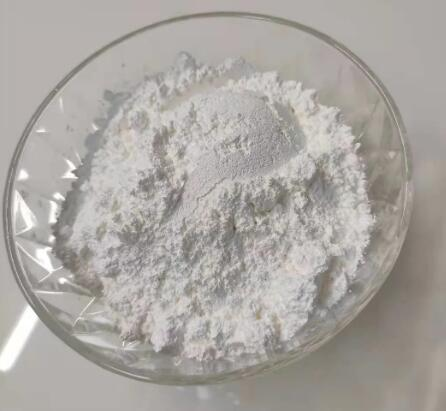
beta-D-Glucose 6-phosphate monosodium salt anhydrous CAS:54010-71-8
beta-D-Glucose 6-phosphate monosodium salt anhydrous is a chemical compound that belongs to the family of glucose phosphates. It is a derivative of glucose, where a phosphate group is attached to the 6th carbon atom of the glucose molecule. Additionally, it contains a monosodium salt form, which means it has a sodium ion associated with it.
This compound is an important intermediate in various metabolic pathways, especially in carbohydrate metabolism. It plays a crucial role in the metabolism of glucose, where it is involved in the breakdown of glucose for energy production or the synthesis of glycogen and other complex carbohydrates.
The monosodium salt form of beta-D-Glucose 6-phosphate enhances the solubility and stability of the compound, making it more suitable for various research and industrial applications. Due to its involvement in key metabolic processes, it is frequently used in biochemical and enzymatic studies, as well as in the production of pharmaceuticals, food additives, and other chemical compounds.
-
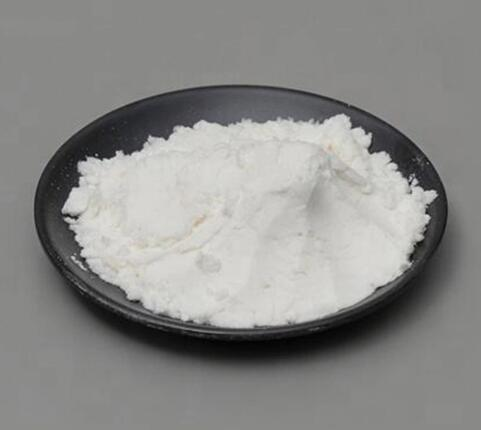
Acetylthiocholine iodide CAS:1866-15-5
Acetylthiocholine iodide is a chemical compound commonly used in biochemical research as a substrate for the enzyme acetylcholinesterase. It is a derivative of acetylcholine with a sulfur atom substituted for the oxygen atom present in the parent compound. Acetylthiocholine iodide is extensively used in enzyme assays and studies involving cholinergic processes in the nervous system. Its iodide salt form enhances its solubility in aqueous solutions, making it easier to work with in laboratory settings.
-

Red Clover Extract CAS:85085-25-2 Manufacturer Supplier
Red clover is a member of the legume family – the same class of plants where we find chickpeas and soybeans. Red clover extracts are used as dietary supplements for their high content of isoflavone compounds – which possess weak estrogenic activity and have been associated with a variety of health benefits during menopause (reduction of hot flashes, promotion of heart health and maintenance of bone density).
-

Gamma Oryzanol CAS:11042-64-1 Manufacturer Supplier
Gamma oryzanol is found in the by-products of the rice industry, such as rice bran and rice bran oil. It exhibits a wide range of biological activities, including anticarcinogenic, anti-inflammatory, antihyperlipidemic, and neuroprotective properties, which are primarily due to its high antioxidant capacity.
-
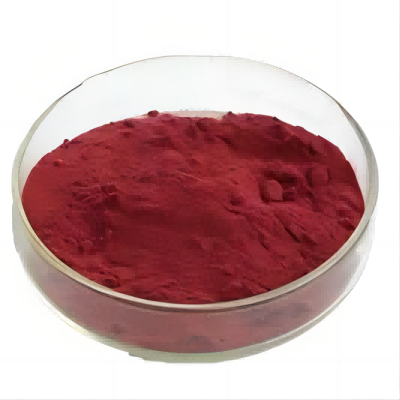
Chromium Picolinate CAS:14639-25-9 Manufacturer Supplier
Chromium picolinate is a supplemental or alternative medication for type 2 diabetes and an anti-diabetic mechanisms of CrPic in insulin-resistant 3T3-L1 adipocytes.chromium Picolinate is a nutritional supplement that is needed in the body but in small amounts. It gives the body the muscle mass that it needs. It also ebbs out the bad fat as it increases muscle mass.
-
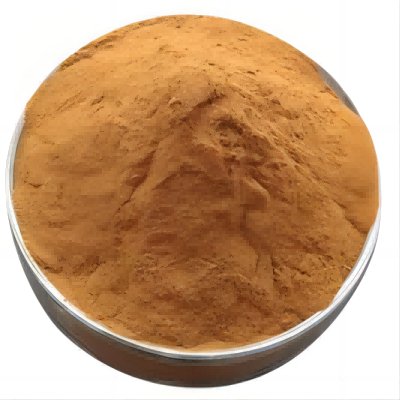
Pomegranate (Ellagic acid) CAS:84961-57-9 Manufacturer Supplier
Pomegranate Extract Ellagic acid has antioxidant, anti-mutagen and anti-cancer properties. Studies have shown the anti-cancer activity on cancer cells of the breast, oesophagus, skin, colon, prostate and pancreas. More specifically, ellagic acid prevents the destruction of P53 gene by cancer cells.
-
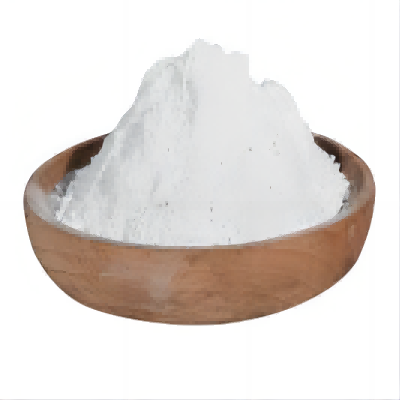
Calcium L-threonate CAS:70753-61-6 Manufacturer Supplier
Calcium threonate is a calcium salt of threnoic acid. It is found in dietary supplements as a source of calcium used in the treatment of calcium deficiency and prevention of osteoporosis. Threonate is an active metabolite of vitamin C that has a mediates a stimulatory action on vitamin C uptake thus may have an effect on osteoblast formation and mineralization process.
-
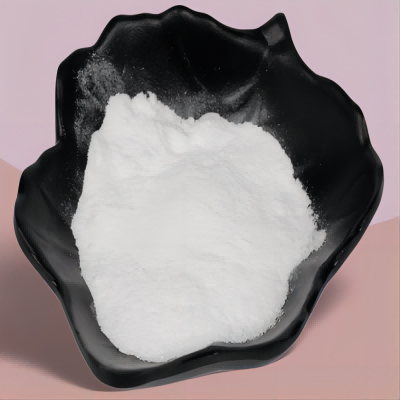
L-Glutathione CAS:27025-41-8 Manufacturer Supplier
Glutathione disulfide is an organic disulfide and a glutathione derivative. It has a role as an Escherichia coli metabolite and a mouse metabolite. It is a conjugate acid of a glutathione disulfide(2-).L-Glutathione oxidized(GSSG) is produced by the oxidation of glutathione. Detoxification of reactive oxygen species is accompanied by production of it. It can be used for the research of sickle cells and erythrocytes.
-
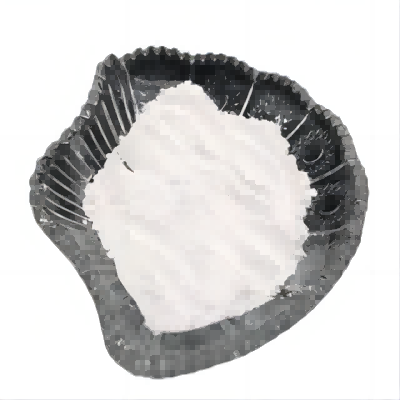
Chlorophyll CAS:1406-65-1 Manufacturer Supplier
Chlorophyll is a colorant that is a green pigment present in all green plants. it is used in sausage casings, oleomargarine, and shortening.Chlorophyll molecules are theprincipal sites of light absorption inthe light-dependent reactions ofphotosynthesis. They are magnesium-containing porphyrins, chemicallyrelated to cytochrome andhaemoglobin.
-

Curcumin 95% CAS:14639-25-9 Manufacturer Supplier
Curcumin, the active component of turmeric (Curcuma longa), has been regarded as an anti-inflammatory and antioxidant agent . Particularly, it can scavenge reactive oxygen species, such as hydroxyl radicals, superoxide anion radicals, and nitrogen dioxide radicals. Additionally, it serves as an anti-inflammatory by down-regulating the production of pro-inflammatory cytokines (e.g., IL-1 and TNF-α) and inhibiting the activation of specific transcription factors (e.g., NF-κB and AP-1). Curcumin also demonstrates antiproliferative properties. Specifically, it inhibits UV radiation-induced skin cancer in SKH-1 hairless mice and reduces UVB-induced matrix metalloproteinase-1/3 expression in human dermal fibroblasts via MAPK-p38/JNK pathway suppression.
-

Green Tea Polyphenols CAS:84650-60-2 Manufacturer Supplier
Green tea extract is prepared from natural dried leaves of the tea plant. Black tea is oxidized green tea. Both have been used for thousands of years in Asia as a beverage and medicine. Green tea extract is a bioflavonoid-rich, potent extract, which is used primarily for quenching free radicals. The absolute is prepared by alcoholic extraction of the concrete, or it is sometimes co-distilled from the concrete. The distilled products are viscous, amber-colored liquids with a rich, delicate, sweet, woody, herbaceous odor.
-

Aloe vera CAS:85507-69-3 Manufacturer Supplier
Aloe vera is an herbal remedy promoted as treating a variety of illness.These two herbal remedies act together as a means to cleanse the colon and eliminatetoxins which could accumulate in the digestive tract causing disease; they alsofunction as an anti-inflammatory agent.

